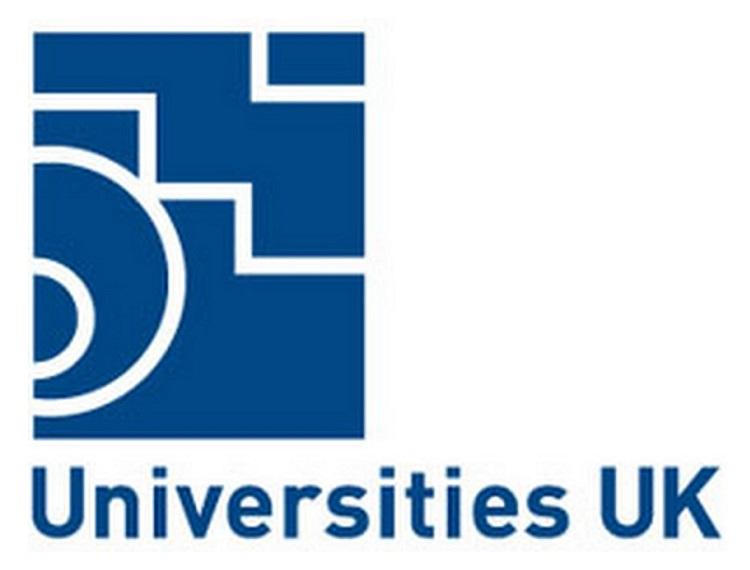International staff vital for UK’s future STEM success

University staff from overseas account for a growing and sizeable proportion of tutors, researchers and technicians in engineering and technology as well as biological, mathematical and physical sciences, a new report finds today.
The statistics from Universities UK’s [UUK] 2018 higher education in facts and figures report indicate that, in 2016–17, 43% of engineering and technology staff at UK universities were from outside of the UK (20% EU nationals and 23% non-EU nationals).
The figure was almost as high in the biological, mathematical and physical sciences, with 39% of staff from overseas (24% EU nationals and 15% non–EU nationals).
There has been a steady increase in the amount of overseas staff over the last decade. In 2007–08 non–UK academic staff accounted for 32% of those working at UK universities in the biological, mathematical and physical sciences and the same percentage in engineering and technology subjects.
In the UK there remains a skills shortage in technical industries within STEM subjects. A previous UUK report, Solving Future Skills Challenges , demonstrates the demand for higher level skills continues to grow and the significance a higher education qualification can have.
Alistair Jarvis, Chief Executive of Universities UK, said: “Staff and students from overseas make a vital contribution to research and teaching at universities. Four in ten academics in STEM (science, technology, engineering and mathematics) are from overseas.”
“Our future immigration system must allow talented staff and students to work and study in the UK with minimal barriers.”
Other key points from the report include:
Students
- Median graduate salaries in England were £10,000 higher than non-graduate salaries in 2017.
- In 2017 the high-skill employment rate (aged 16–64) was 56% higher for postgraduates than non-graduates and 43% higher for graduates than non-graduates.
- In 2016–17 23% of UK-domiciled students were Black and Minority Ethnic (BME), up 1% on 2015–16.
Staff
- 31% of academic staff are from outside the UK.
- In 2016–17 46% of UK higher education institutions academic staff were female, with 26% aged 34 and under, up from 45% in 2015–16.
Finance
- In 2016–17 17% of research income received by UK institutions came from outside the UK, 11% from Europe.
- Higher education universities received income to the value of £35.7 billion in 2016–17, with total expenditure £34.5 billion.
The report evaluating Patterns and trends in UK higher education 2018 provides comparative statistics in the amount of academic staff by nationality.












Responses